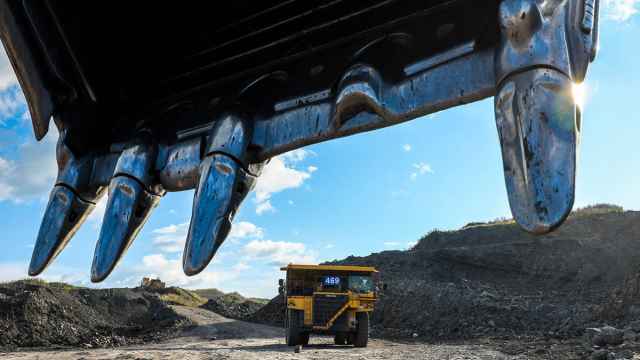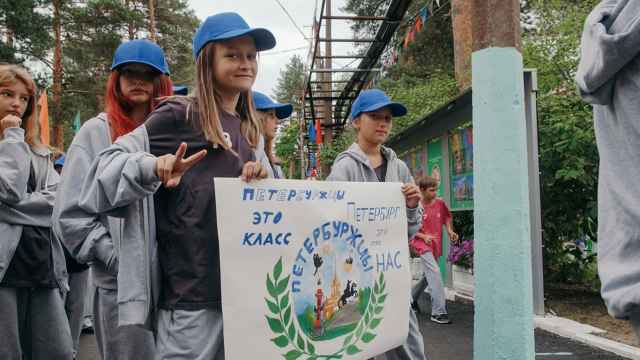VIENNA — The world’s stockpile of nuclear weapons is a quarter of the size it was at its Cold War peak in the 1980s — but the U.S., Russia, China, France and Britain are all considering or taking steps to modernize their arms systems.
The number of nuclear warheads globally is about 17,000, estimates the Stockholm International Peace Research Institute, or SIPRI, down about 75 percent over the last thirty years largely because of cuts by the U.S. and Russia.
U.S. President Barack Obama gave new impetus to the often halting process of disarmament in 2009, when he set out a vision of a world without nuclear weapons in a speech, three months into his presidency, which earned him the Nobel Peace Prize.
However, Obama’s aim has produced mixed results so far, not least because of a plan by the U.S. and NATO to build an anti-missile shield around Western Europe that has been seen by Russia to undermine his intent.
Last June, the U.S. president proposed further cutting nuclear arsenals by a third, but Russia responded that the shield, intended to protect against attack from Iran and North Korea, would require Moscow to hold more missiles or lose its deterrent capability.
Russia fears the system’s interceptors could shoot down its long-range nuclear missiles.
Meanwhile, the U.S. is modifying existing warheads under so-called life extension programs, Russia is deploying more warheads on each of its missiles, and China is introducing new mobile missiles for its nuclear weapons, according to the Federation of American Scientists, or FAS, think tank.
Such activities led Angela Kane, a United Nations high representative for disarmament affairs, to comment in September: “Robust nuclear weapon modernisation programs … raise legitimate questions over whether these steps are heading toward global zero, or instead to a permanently nuclear-armed world.”
Henry Sokolski of the U.S. Nonproliferation Policy Education Center added, “In theory everyone can say the ideal number is zero, but in practice no one is willing to take that risk.”
The Obama administration used the UN nuclear agency’s annual member state gathering in September to underline its commitment to “pursuing the peace and security” of a world without nuclear weapons, saying it had taken significant steps toward that goal.
The hope now is that the U.S. and other Western nuclear powers can persuade Iran to curb sensitive uranium enrichment after years of tough sanctions failed to do the job.
New Iranian President Hassan Rouhani’s overtures toward the West, while insisting on Tehran’s nuclear “rights,” have raised hopes of a negotiated settlement to the decade-old dispute ahead of talks between the two sides Oct. 15 to 16 in Geneva.
The Islamic state denies Western accusations that it is seeking the capability to make nuclear weapons.
Compared with U.S. predictions in the 1960s that the nuclear weapons club could increase to 25 states within a few decades, just nine countries are now estimated to have atomic bombs, including India, Pakistan, Israel and North Korea.
A Message from The Moscow Times:
Dear readers,
We are facing unprecedented challenges. Russia's Prosecutor General's Office has designated The Moscow Times as an "undesirable" organization, criminalizing our work and putting our staff at risk of prosecution. This follows our earlier unjust labeling as a "foreign agent."
These actions are direct attempts to silence independent journalism in Russia. The authorities claim our work "discredits the decisions of the Russian leadership." We see things differently: we strive to provide accurate, unbiased reporting on Russia.
We, the journalists of The Moscow Times, refuse to be silenced. But to continue our work, we need your help.
Your support, no matter how small, makes a world of difference. If you can, please support us monthly starting from just $2. It's quick to set up, and every contribution makes a significant impact.
By supporting The Moscow Times, you're defending open, independent journalism in the face of repression. Thank you for standing with us.
Remind me later.





